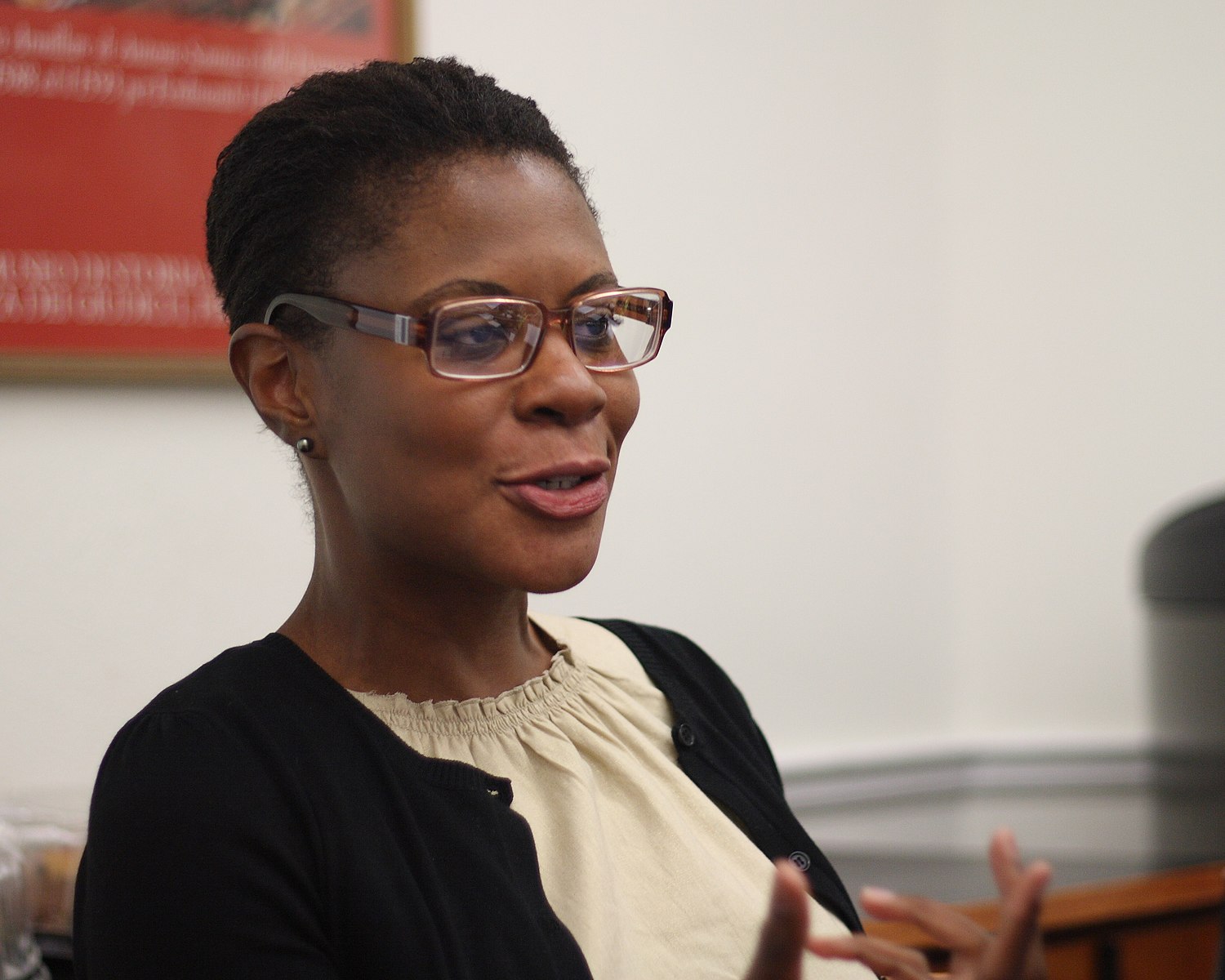NSF board member resigns, saying Trump’s policies have harmed the agency
By Jeffrey Mervis,
Science
| 05. 13. 2025
“Alondra Nelson” by Sage Ross on Wikimedia Commons
licensed under CC by SA 2.0
In an unprecedented move, a member of the governing body for the National Science Foundation (NSF) resigned today, saying the presidentially appointed advisory board has become a “ceremonial assemblage … without consequence” during the first months of President Donald Trump’s administration.
Sociologist Alondra Nelson was appointed to the National Science Board (NSB) in the final months of former President Joe Biden’s administration, where she had served as acting director of the White House Office of Science and Technology Policy before returning to the Institute for Advanced Study in 2023. Her departure, which she announced this morning in an essay in Time, is believed to be the first time in the agency’s 75-year history that a member of the 24-person board resigned over a policy disagreement with an administration.
“The board should have been far more communicative—with both congressional leaders and the American public—about the changes occurring at NSF,” Nelson tells Science. “Even if these actions were taken without the board’s input or consent, I...
Related Articles
By Roni Caryn Rabin, The New York Times | 01.22.2026
The National Institutes of Health said on Thursday it is ending support for all research that makes use of human fetal tissue, eliminating funding for projects both within and outside of the agency.
A ban instituted in June 2019 by...
By Mike McIntire, The New York Times | 01.24.2026
Genetic researchers were seeking children for an ambitious, federally funded project to track brain development — a study that they told families could yield invaluable discoveries about DNA’s impact on behavior and disease.
They also promised that the children’s sensitive...
By Phil Galewitz, NPR | 01.20.2026
Serenity Cole enjoyed Christmas last month relaxing with her family near her St. Louis home, making crafts and visiting friends.
It was a contrast to how Cole, 18, spent part of the 2024 holiday season. She was in the hospital...
Group of Tuskegee Experiment test subjects
Public Domain via Wikimedia Commons
Every generation needs to learn about what is commonly known as the Tuskegee syphilis study, which ran from 1932 to 1972. (Officially, it was the U.S. Public Health Service Syphilis Study at Tuskegee, Alabama, which gets the emphasis right.) For many people, the history is hard to believe, though it is hardly unique. Of the 600 subjects, all Black men, 399 had syphilis, for which...




